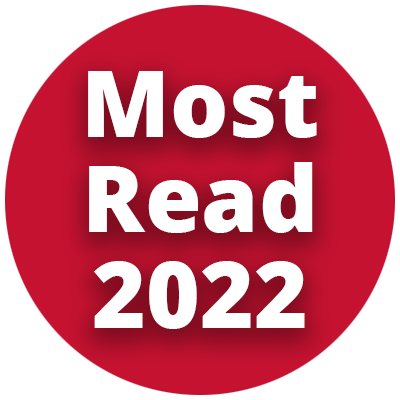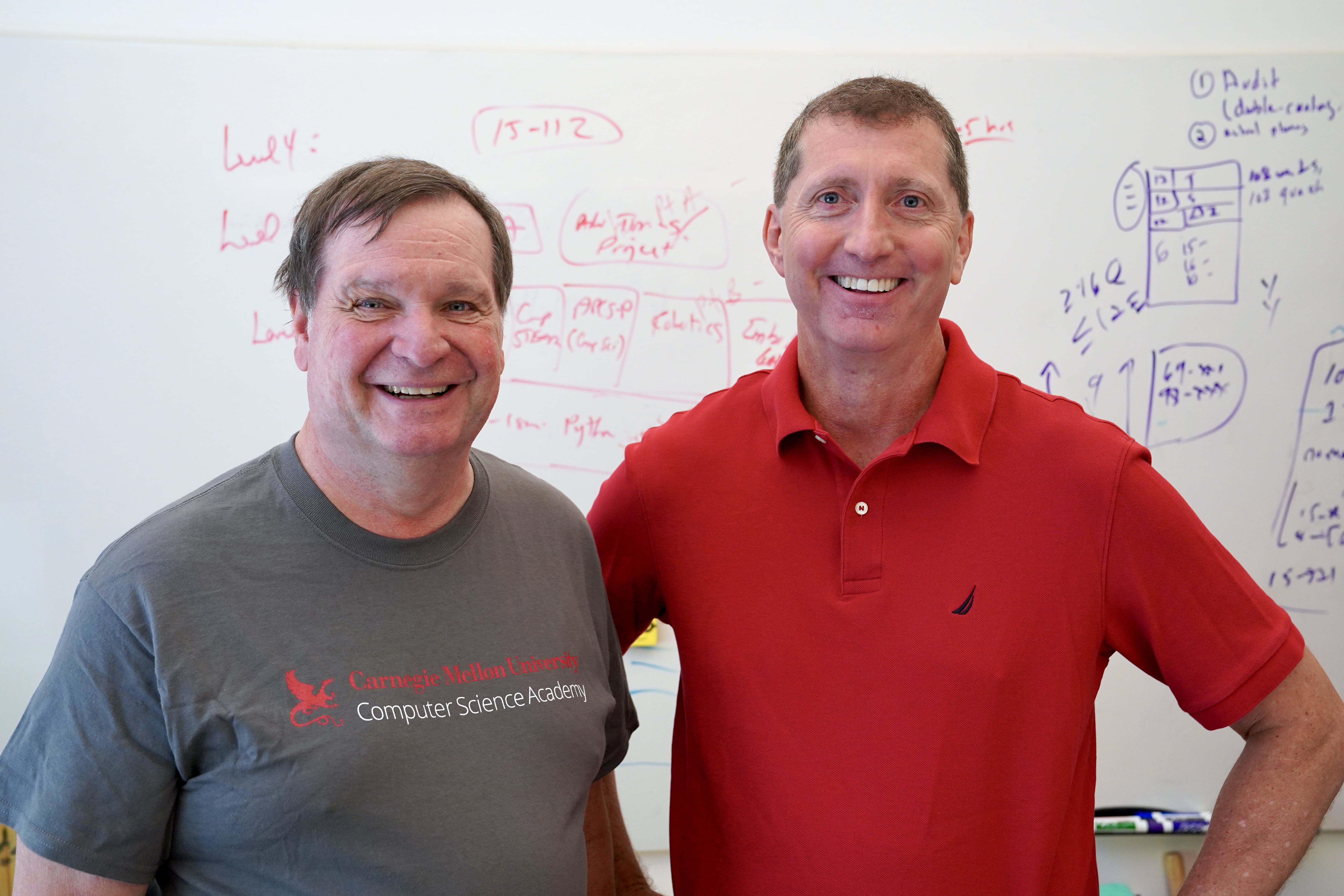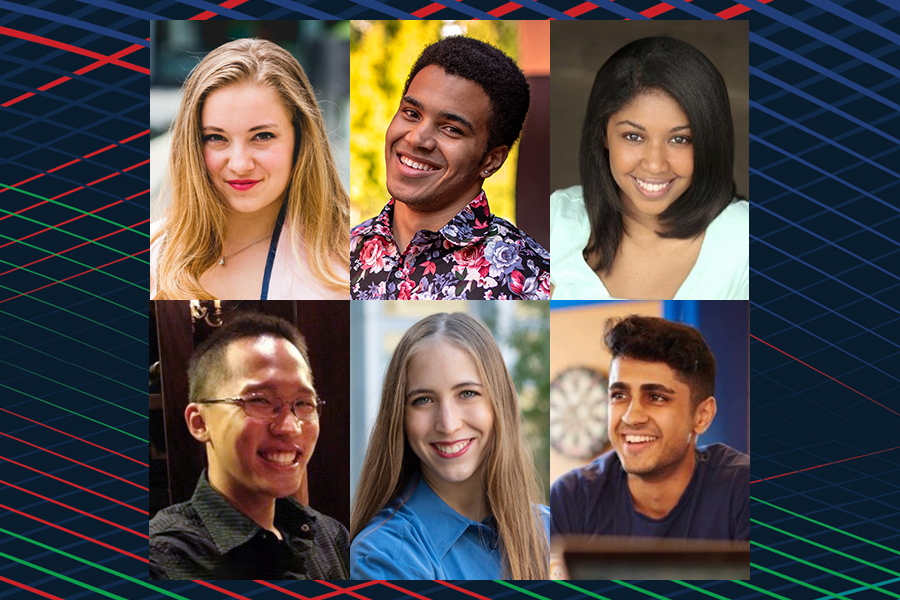
The Impact of 112
Recent CMU alumni reflect on the life-changing Intro to Computer Science class
Arman Hezarkhani is on the phone and walking through his ed tech startup’s office when he realizes that his staff has stopped working, and they’re all looking at him. The 2019 College of Engineering graduate is right in the middle of speaking — or perhaps more aptly, gushing loudly — about a first-year class he took as an undergraduate at Carnegie Mellon University. The course is known formally as 15-112 Fundamentals of Programming and Computer Science, but more colloquially just as “112.”
“It's kind of like… culty, OK? It's the most life-changing course you can take at CMU,” he says before ducking into a conference room, so he doesn’t have to lower his voice anymore.
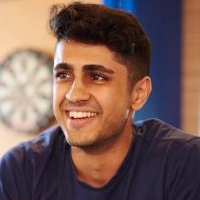 “It’s this project-based course where every single week, you're learning new topics and you're building projects. It's incredibly difficult and incredibly time consuming and demanding, but you learn how to build really cool things with Python,” Arman says. “This is the CMU ethos: Produce good things and people will consume them. People in computer science disciplines know CMU is a quality place.”
“It’s this project-based course where every single week, you're learning new topics and you're building projects. It's incredibly difficult and incredibly time consuming and demanding, but you learn how to build really cool things with Python,” Arman says. “This is the CMU ethos: Produce good things and people will consume them. People in computer science disciplines know CMU is a quality place.”
112 is a thorough and comprehensive introduction to programming in Python, taken by computer science majors but heavily registered by students from other majors who are up for a challenge. It was named one of the five best computer science classes in the country by Bloomberg News. It’s the kind of class that moms ask questions about in online forums because its reputation as a tough class precedes it. But it’s also the kind of class where the TAs proudly sport custom, matching sweatshirts and once threw a prom for the 500 students who enroll each semester.
What makes 112 so unique? Does it, as Arman claims, change lives? We asked a few more zealous alumni for their take on why they think it’s awesome — and how it continues to contribute to their careers and knowledge base long after their final grades were posted.
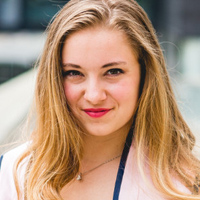 Tara Stentz (ENG 2018)
Tara Stentz (ENG 2018)
Degree: B.S. in Electrical and Computer Engineering with a Minor in Computer Science
Job: Associate Product Manager at Aurora (programming and project management for self-driving cars)
“112 is a lot more than just learning the fundamentals of programming,” Tara Stentz (ENG 2018) says. “It’s the first really technical challenge and class that a lot of people take at CMU. Professor David Kosbie teaches life lessons: how to be a good student, take charge in classes, build things that you're proud of, work really hard and all these other things.
“112 pushes you really hard, but it also supports you really hard. There is a community of TAs, about one for every 10 students, and that staff is trained to just put the students first. I think that you're able to accomplish really great things because you have such great support. I haven't really seen that in any other classes.”
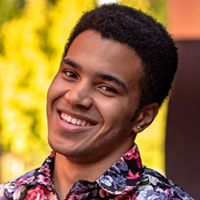 Russell Hawkins (CMU 2018)
Russell Hawkins (CMU 2018)
Degree: BCSA in Computer Science and Drama
Job: Software Engineer at Google
“With 112 and all CS classes at CMU, you develop an ability to deal with being overwhelmed well and there are good and bad things about that,” Russell Hawkins (CMU 2018) says. “The bad thing is when you come out of the CS program, it can sometimes be hard to stop working or to accept that you don't have to solve every problem in one week or in two weeks, which is a normal homework cycle.
“The good thing is, I find ‘real work’ so much easier. So yeah, I would say that the translation is: problems don't seem overwhelming or overly complicated, even at places that have problems that are extremely complicated.”
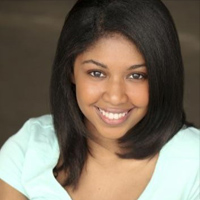 Ashley Irving (DC 2014)
Ashley Irving (DC 2014)
Degree: B.S. in Technical Writing and Communications with a Minor in Business Administration
Job: Strategy and Operations Manager at Spotify
“How would my career journey have changed, or how would I have changed if I had not taken 112? That is the easiest question for me to answer, because I not only admire but I adore Professor Kosbie and 112. It was one of the most challenging and difficult and humbling experiences that I had at Carnegie Mellon, but it gave me the spirit, and drive, and the endurance that set me up for later things in life, professionally and academically,” says Ashley Irving (DC 2014).
I don't give up easily when something is hard now. For the technical parts of the class, Professor Kosbie taught us how to take it line by line, piece by piece and how to reverse engineer a problem or question. He taught us how to not be afraid of it, to take time with it, to ask for help and rely on your team. You came out of it feeling like you really accomplished something, like you were a champion and because you did that, you can take on the next challenge.”
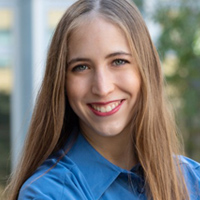 M. Cristina Pullen (DC 2021)
M. Cristina Pullen (DC 2021)
Degree: B.A. in Professional Writing and International Relations and Politics
Job: Technical Writer at Salesforce
“I took 112 because I decided that if I'm going to learn to code, I'm going to do it right and go all in,” M. Cristina Pullen (DC 2021) says. “I went in knowing that I was going to fail many, many times. And when I say fail, I don't necessarily mean ‘I can't pass this class.’ I think what makes 112 so special is every time I felt like I was about to hop off that roller coaster, I always had someone to break my fall and say, ‘You knew this was going to be difficult. Remember that it's going to pay off.’”
“I’m a month into my full-time job, and I find myself referring to things I learned in this class. As a writer you don’t think you’ll be at the heart of [software development], but I find myself writing about a piece of technology and realizing what a computer can and cannot do and understanding the way that scientists and engineers I’m working with are thinking about a problem.”
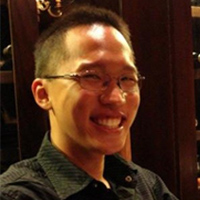 Andre Sutanto (ENG 2013, 2013)
Andre Sutanto (ENG 2013, 2013)
Degrees: B.S. in Mechanical Engineering, Biomedical Engineering, and Engineering and Public Policy with a Minor in Economics; M.S. in Mechanical Engineering
Job: Senior Mechanical Engineer at CMU’s National Robotics Engineering Center
“It's a very hard course. It takes students who know nothing of programming and ends with a project that can get them a job in the field,” Andre Sutanto (ENG 2013, 2013) says. “In object-oriented programming, there are often times that an overall program is designed before its support pieces, assuming that all of the support pieces work properly. In my career, this type of thinking helps me manage big tasks in a team. It helps me to subdivide a large task to multiple smaller tasks that can be assigned to different people, allowing for parallel work to get done quickly. This allows me to be a more efficient engineer and team leader in my professional work.”
“David Kosbie’s enthusiasm in teaching the class, and his genuine love for students and computer science, often spark that connection. When you have people who are very passionate about a certain subject, it's not hard to see it through, and that enthusiasm can be contagious.”
“When I was the head TA for 112, my friend used to call me ‘the most popular person in CMU’ because everywhere I’d go, I’d say hi to people because they recognized me. About 600 students take the class each semester, so what’s notable is just the sheer number [of students who take it], and the relationship that we build throughout the course.”
112 for the Next Generation
“We cut our teeth on 112,” says course co-creator and professor David Kosbie. “[Co-creator Mark Stehlik] and I designed it, we’ve taught thousands and thousands of CMU students now. 112 was designed with a maniacal focus on CMU students, with a brazen disregard for if it would work anywhere else.”
“We just didn't care if it would work anywhere else, but we did care, frankly, that it was best of breed.”
Mark and David initially didn’t care about 112 working elsewhere, but over the past few years the duo has used it as the inspiration for a new curriculum for high school students. CS Academy shares the same spirit as their flagship class, and they’re aiming to reach 1 million high school students with the totally free curriculum.
“I think part of why 112 works is because it addresses at its core not just the intellectual underpinnings of computer science, but also the intellectual underpinnings and traditions and history of CMU,” Mark says.
